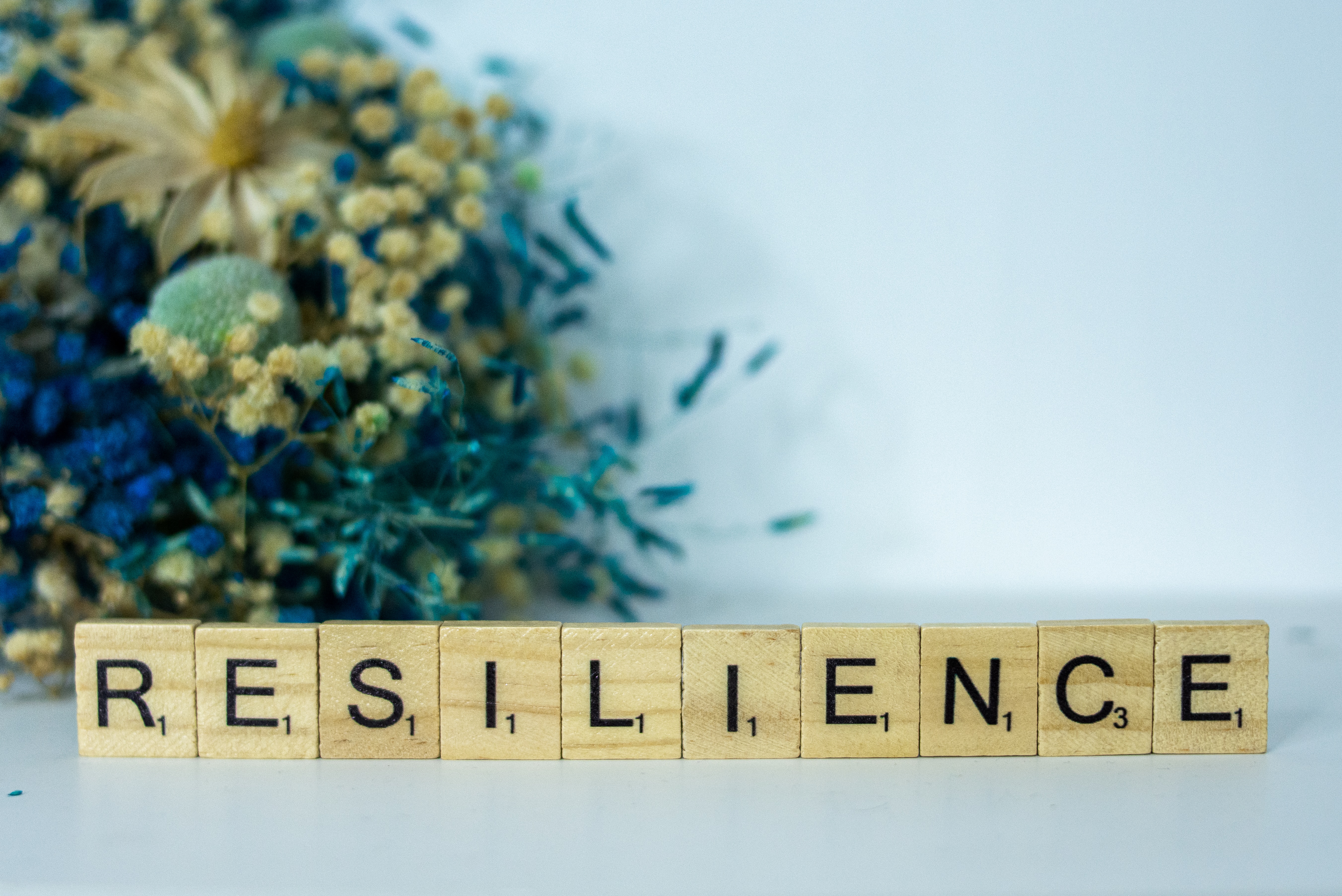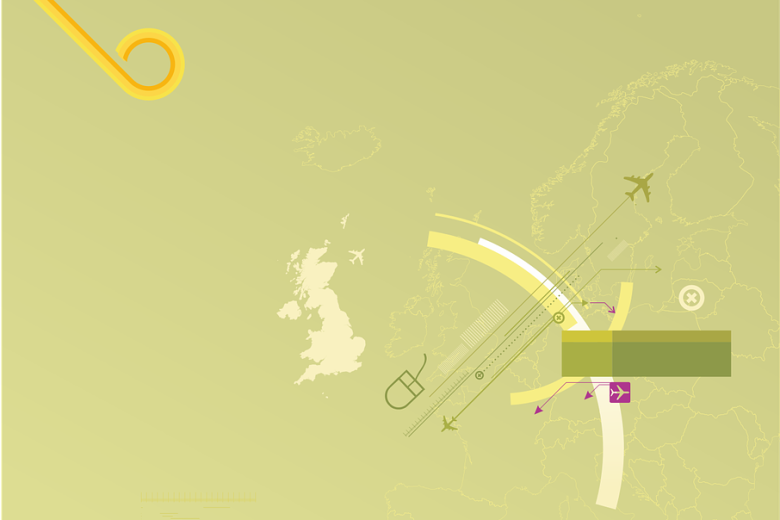Decoding the entanglement: what supply chain managers think about resilience and sustainability?
Are resilience and sustainability in a relationship?
Following the unprecedented challenges brought about by the COVID-19 pandemic, resilience emerged as a fresh aspiration for individuals, teams, organizations, supply chains and—yes, you’ve guessed it!—even entire economies and societies. At the same time, the sustainability imperative has been with us ever since the scientific consensus crystalized regarding the inexorable advance of global warming. Thus, as if pursuing one of these issues was not tortuous enough, we are suddenly faced with the mandate of chasing two preeminent targets for our organizations, our supply chains, our countries, our regional blocs, and our way of life: resilience and sustainability.

While public discourse has increasingly entangled the two objectives (they put the “RS” in “MORSE,” after all), they do not necessarily roll off the tongue together smoothly. In essence, sustainability is about doing things to ensure long-term ecological and social stability, whereas resilience is about coping with disruptions, shocks, and crises in the short term. And while it is a truism that we only survive to the long term if we are able to cope in the short term, in practice it is not always easy to navigate the tensions posed by the two horizons. For organizations, which remain the main societal form through which we get things done, pursuing sustainability means focusing on minimizing the environmental damage caused by the production of goods and services and safeguarding the maintenance of healthy social relationships. Pursuing resilience solely means securing the availability of goods and services in the face of unexpected challenges. For the managers charged with running organizations, the mandate to pursue both targets concurrently may lead to ambivalence.
That is why we decided to investigate how managers make sense of the need to design and implement actions aimed at achieving sustainability and resilience goals simultaneously. We specifically looked at supply chain managers because it is their direct responsibility to coordinate the requisite flows of materials and information that make it possible to meet the demand for their organization’s products or services. We were interested in exploring the extent to which supply chain managers perceive the relationship among sustainability and resilience actions as synergistic or inconsistent, knowing that this perception influences their ability to create resilient and sustainable organizations.
It’s Complicated
After having interviewed a bunch of supply chain managers from different industries and geographical regions, we could not uncover a dominant perception regarding the intrinsic nature of the relationship between the two types of actions. However, there seem to be clear domains in which pursuing both goals entails either trade-offs or complementarities. The most salient trade-offs are a consequence of sustainability concerns hindering the ability of supply chain managers to react to unexpected disruptions, for example, by resorting to uncertified suppliers, higher-polluting transportation modes, or precarious labor resources. In these instances, actions designed to minimize the social and environmental damage caused by the production of goods and services risk undermining the latter’s availability in the face of unexpected challenges. The synergies, on the other hand, include the mutual benefits of good working conditions, due diligence in supplier selection, and short and local supply chains. In these instances, actions designed to comply with sustainability standards enhance the ability of supply chain managers to mitigate the impact of disruptions, shocks, or crises and secure the availability of goods and services. Ultimately, there were many supply chain managers who perceived the relationship as essentially conflictive. Several others saw it as fundamentally synergistic, while a significant few did not perceive a relationship at all.
So What?
Good question. Supply chain managers set cross-functional operational goals and design actions that enable organizations to strive for supply chains that are actually resilient and sustainable. Their perceptions influence a wide variety of organizational actors, and their reach extends beyond the boundaries of single organizations. They are responsible for making sure that potential tensions between both targets are met with creativity and resourcefulness instead of eliciting anxiety, stress, and decision paralysis. The fact that we failed to find a dominant perception regarding the intrinsic nature of the relationship between resilience and sustainability actions suggests that supply chain managers’ perceptions can be shaped. If they can be shaped, they can be shaped to enhance managerial self-assurance in problem-solving ability. Supply chain managers that perceive the relationship to be more synergistic than conflictive are more likely to design actions that explicitly target both goals concurrently. They are more likely to seek complementarities with ingenuity and creativity, more likely to embrace paradoxical tensions constructively and more likely to overcome inevitably occurring challenges.
We need to learn more about how to shape those perceptions to feed insights towards coaching requirements able to elicit useful attitudes from supply chain managers. We need to learn how to defy apprehension and indecision to prevent that one of these imperatives is disregarded in favor of the other. My recent paper, published open access, takes a modest step in that road: Cotta, D., Klink, L., Alten, T., & Al Madhoon, B. (2022). How do supply chain managers perceive the relationship between resilience and sustainability practices? An exploratory study. Business Strategy and the Environment, 1– 15.
Also read
-
Randwyck Library and the river of knowledge
Monique Notermans and Meike Kerkhofs-Welkenhuizen witnessed the vision behind a modern library come to life.

-
M-EPLI PhD Research Spotlight on Blessing Eze
M-EPLI PhD researcher, Blessing Eze, is examining the role of private documents in regulating global value chains.

-
MHPE: Looking back and going forward
During the MHPE Campus Period last month we welcomed a new cohort of MHPE students and enjoyed seeing back those who are starting up their Master thesis projects. We are now preparing to hand over to a new MHPE Management Team that will take over on the 1st of September 2025.
